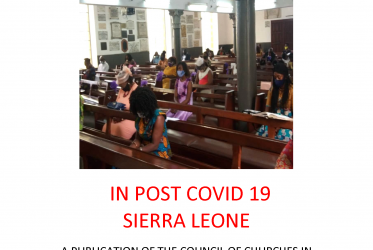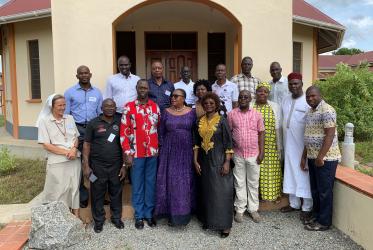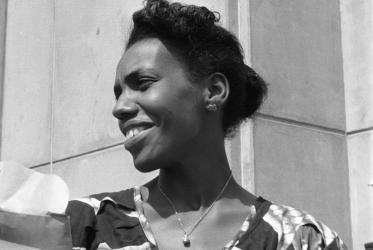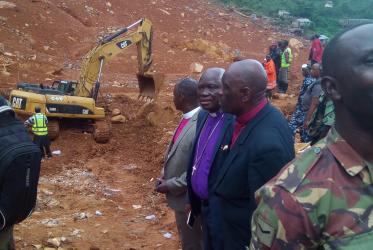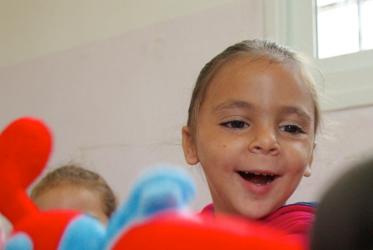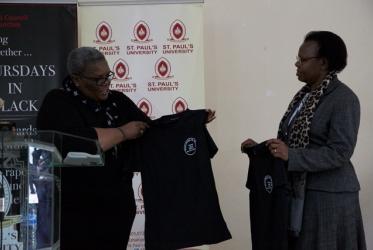Displaying 1 - 20 of 22
New student body at Bossey Ecumenical Institute “a source of joy”
14 September 2020
WCC commemorates life of Bishop John K. Yambasu
21 August 2020
A tribute to Rev. Dr Rena Joyce Weller Karefa-Smart
21 January 2019
Doing his best without being the best
07 September 2018
Applications open for WCC Eco-School
10 May 2017
Churches and agencies formulate responses to Ebola outbreak
01 October 2014
Churches in Sierra Leone respond to Ebola crisis
14 August 2014
